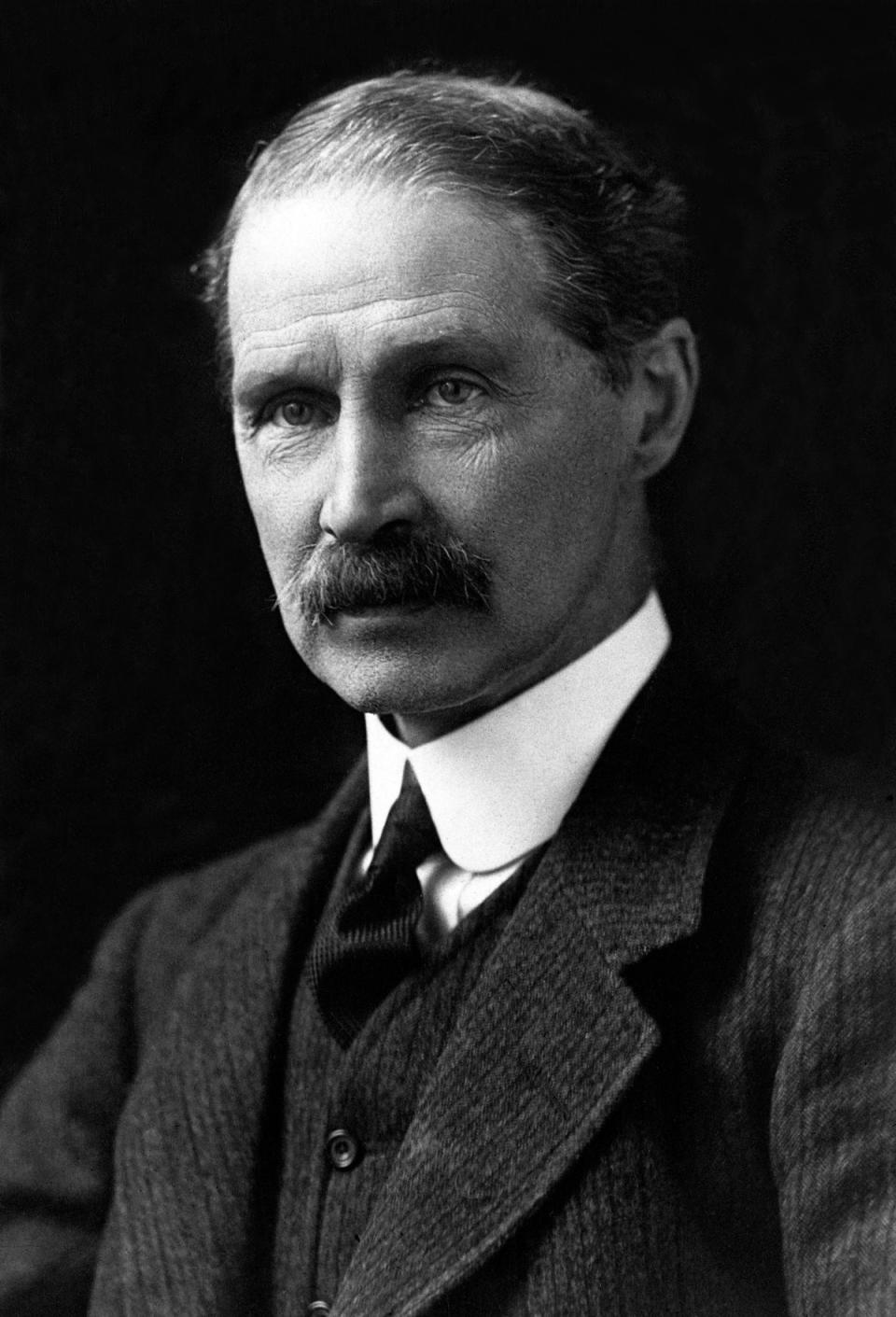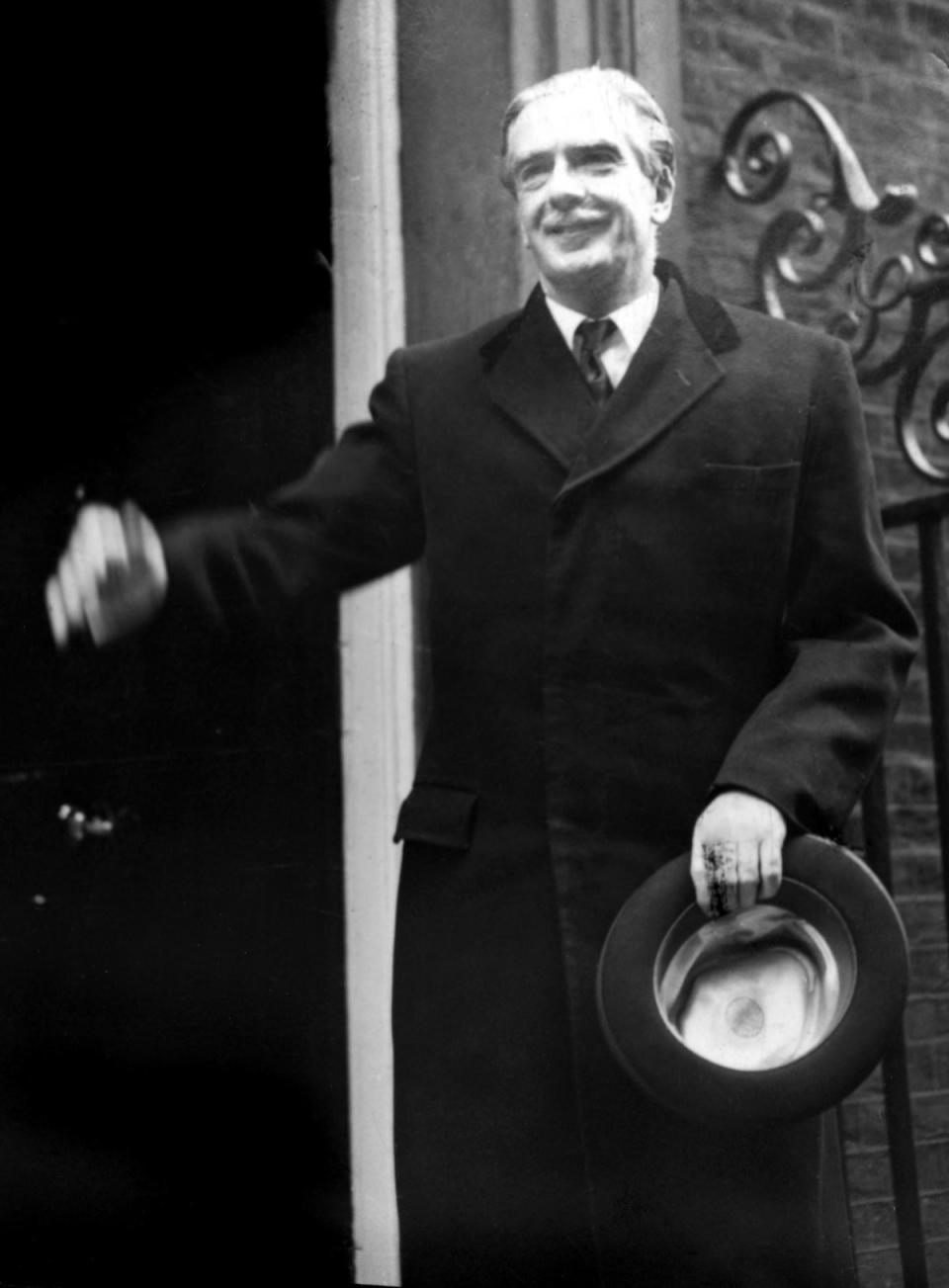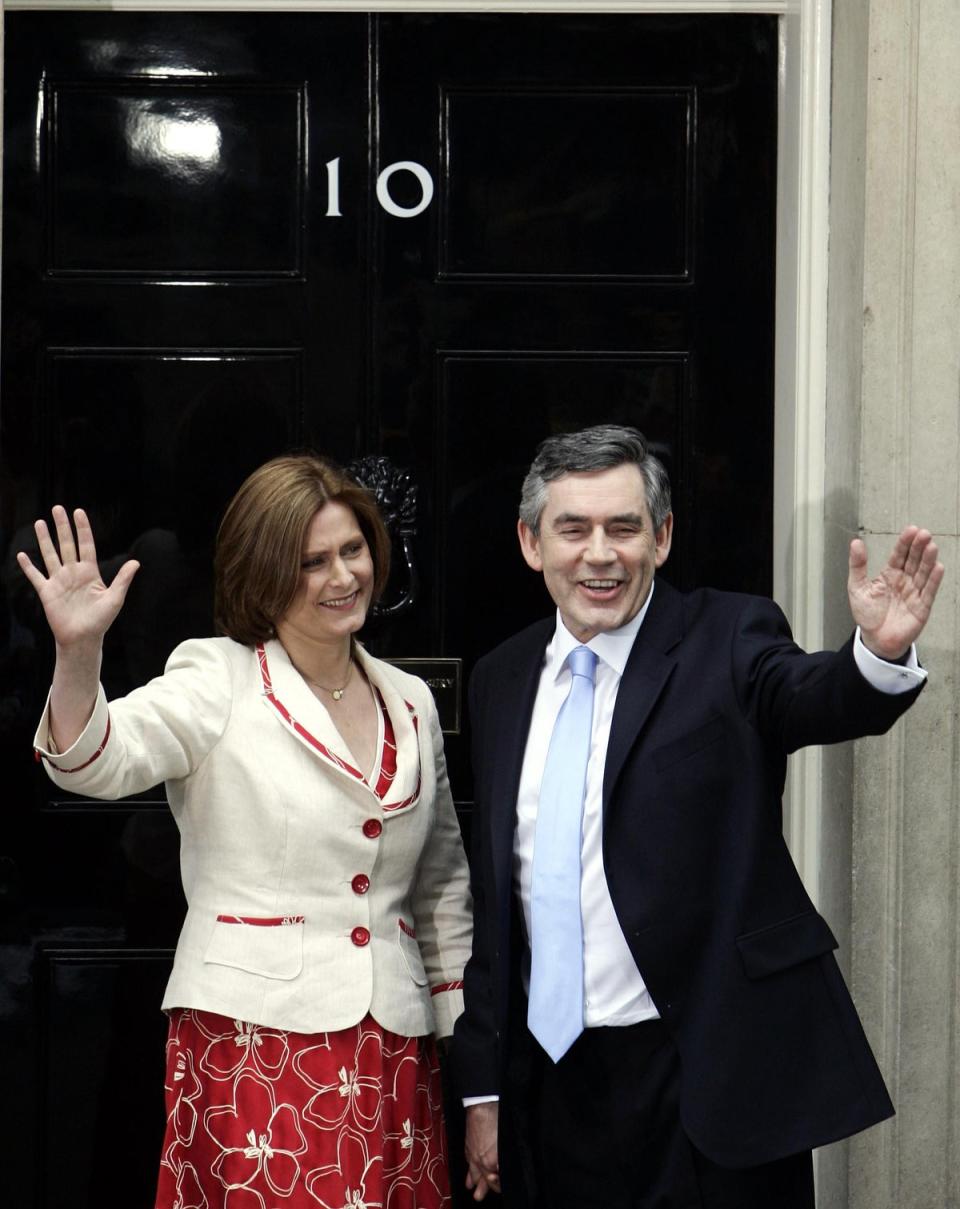Shortest serving UK prime ministers in history as Liz Truss ‘could be gone by Christmas’
Liz Truss may only be in her second month as prime minister but some Conservative MPs are already speculating that she could be gone by Christmas following September's disastrous "mini-Budget".
Several Tory MPs are said to have submitted letters of no confidence to Sir Graham Brady, chair of the powerful 1922 Committee which organises leadership contests, following chancellor Kwasi Kwarteng's financial statement to the Commons on 23 September.
Back bench Tory rebels plotting against Ms Truss will have been emboldened by the government's decision on 3 October to U-turn on a controversial plan to abolish the top rate of tax for the rich.
From Theresa May to Boris Johnson and Liz Truss, the UK has had a relatively high turnover of prime ministers in recent years, following the divisive vote to leave the European Union in 2016.
Here, The Independent takes a look at some of the shortest serving UK prime ministers in modern history.

Bonar Law: 209 days
Bonar Law, the Canadian-born son of a Scottish clergyman, was elected to parliament in 1900 as the Conservative MP for Glasgow Blackfriars.
He had a reputation for fearlessness and was regarded as an effective speaker.
Conservative withdrawal from the Liberal-Conservative coalition government forced Lloyd George to resign and the King then invited Bonar Law to form a new administration in 1922.
But Mr Bonar was forced to resign in May 1923 due to ill health and died of throat cancer six months later.

Sir Alec Douglas-Home: 1 year, 1 month
Sir Alec Douglas-Home, a Conservative, became prime minister in October 1963 but found himself out of office the following year, having spent just one year and one day in the top job.
He entered No 10 in October as a result of political manoeuvring by his predecessor, Harold Macmillan, who was determined to prevent the succession of RA Butler, the former foreign secretary. Macmillan had resigned after a series of economic woes and scandals, the most damaging of which involved the minister John Profumo.
Born into an aristocratic family, and educated at both Eton College and Oxford University, Sir Alec was viewed by the public as out of touch and was defeated by Labour's Harold Wilson in the 1964 general election.

Sir Anthony Eden: 1 year 9 months
Born in Rushyford, Durham, Sir Anthony Eden was elected to parliament in 1923 and would later serve as foreign secretary three times during WWII and the Cold War.
He was widely regarded as Sir Winston Churchill's sucessor and took over from the wartime PM in 1955 at the age of 57.
But he was forced to quit just over a year later as a result of his disastrous handling of the Suez crisis. Sir Anthony Eden was created Earl of Avon in 1961 and died in January 1977.

Gordon Brown: 2 years 11 months
Former Labour prime minister Gordon Brown was first elected to parliament in 1983 as the MP for Dunfermline East.
He took over from Tony Blair as PM in 2007 and just a year later was forced to deal with the aftermath of the financial crisis.
Despite being credited with doing a job in handling the crash by propping up the banks, Mr Brown was defeated in the 2010 election by Conservative David Cameron.

Neville Chamberlain: 3 years
Birmingham-born Neville Chamberlain was firsy elected to parliament in 1918 as the Conservative MP for Ladywood.
Mr Chamberlain succeeded Stanley Baldwin in 1937 and was elected leader of the Conservative Party.
He met then German chanc:ellor Adolf Hitler in Munich 1938, the result of which was an agreement that Britain and Germany would never again go to war.
Mr Chamberlain declared on his return to the UK “I believe it is peace for our time”. However, the success of ‘appeasement’ was short-lived, as Hitler occupied Prague the following year.
He was forced to resign in May 1940 having failed to form a national government and after coming under attack from all sides of the Commons for his handling of the war.

Theresa May: 3 years
Theresa May was first elected to parliament in 1997 as the MP for Maidenhead.

She took over from David Cameron in 2016, following the UK’s vote to leave the EU.
Her premiership was largely consumed by the fall out from the vote and she resigned in 2019, having failed to win the support of MPs for her deal to take the UK out.

